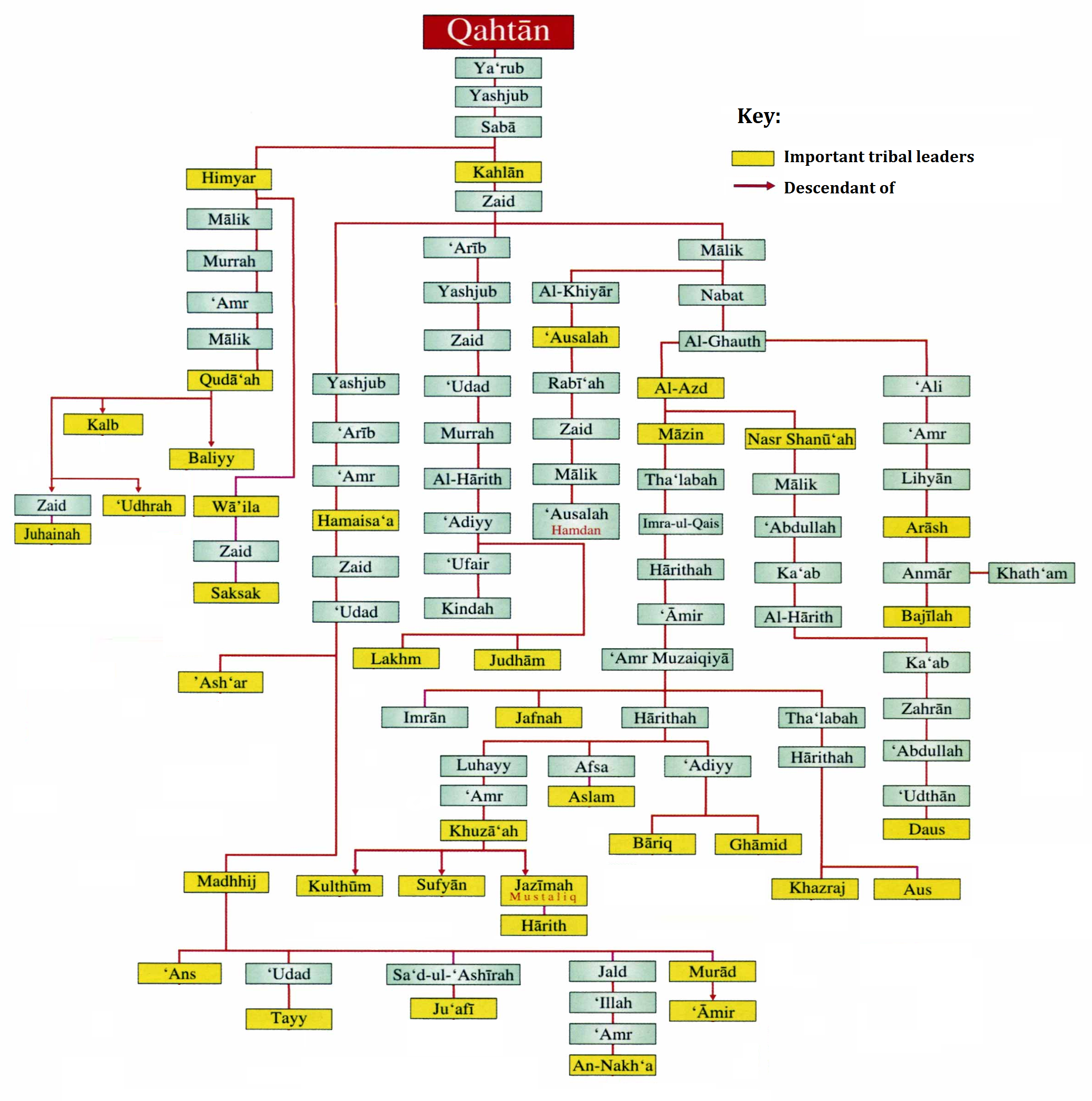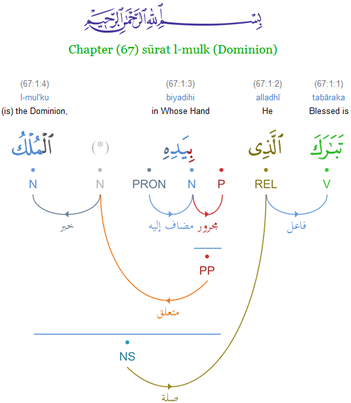|
Allahumma
Allāhumma ( ar, ٱللَّٰهُمَّ) is a term of address for Allah, the Islamic and Arabic term for one God. It is translated as "O Allāh" and is seen as the equivalent of "Yā Allāh". Some grammarians (such as Sibawayh) argue that it is an abbreviation of يا ألله أمّنا بخير (yā ʾallāhu ʾummanā bi-khayr) (with the meaning of "O God, lead us in goodness"); others have argued without explanation that the suffix ـ مَّ (-mma) takes the place of yā (O). Muslim scholar Ibn ʿĀshūr, in his explanation of Sūrat ʾĀl ʿImrān, suggests that the word Allāhumma is of Hebrew or of Qaḥṭāni derivation. quran.ksu.edu.sa (in Arabic) See also * |
Dua Allahumma Kun Li-waliyyik
Dua alfaraj (Arabic: دعاء الفرج )" is a supplication which is recited for the health of Hujjat al-Mahdi who is regarded as the last Imam --of Twelver Islam-- and likewise the savior of the world from the oppression (from Shia Islamic viewpoint). Moreover, the Du'a "Allahumma kun li-waliyyik" is also famous as Dua Faraj between Shia Muslims (as well as the main Du'a al-Faraj which is started with the following sentences:) "O Allah, terrible was the calamity, and its evil consequences are visible, the covering has been removed, (all) hopes have been cut off, the (plentiful) earth has shrunk (with very little to spare), ..." The (English translated) text of the supplication of "Du'a Allahumma kun li-waliyyik al-Hujjatibnil Hasan" is as follows: "O Allah, be, for Your representative, the Hujjat (proof), son of AlHassan, Your blessings be on him and his forefathers, In this hour and in every hour, A guardian, a protector, A leader, a helper, A proof, and an eye. Until ... [...More Info...] [...Related Items...] OR: [Wikipedia] [Google] [Baidu] |
List Of Islamic Terms In Arabic
The following list consists of notable concepts that are derived from Islamic and associated cultural (Arab, Persian, Turkish) traditions, which are expressed as words in Arabic or Persian language. The main purpose of this list is to disambiguate multiple spellings, to make note of spellings no longer in use for these concepts, to define the concept in one or two lines, to make it easy for one to find and pin down specific concepts, and to provide a guide to unique concepts of Islam all in one place. Separating concepts in Islam from concepts specific to Arab culture, or from the language itself, can be difficult. Many Arabic concepts have an Arabic secular meaning as well as an Islamic meaning. One example is the concept of dawah. Arabic, like all languages, contains words whose meanings differ across various contexts. Arabic is written in its own alphabet, with letters, symbols, and orthographic conventions that do not have exact equivalents in the Latin alphabet (see Ara ... [...More Info...] [...Related Items...] OR: [Wikipedia] [Google] [Baidu] |
Islamic Terminology
The following list consists of notable concepts that are derived from Islamic and associated cultural (Arab, Persian, Turkish) traditions, which are expressed as words in Arabic or Persian language. The main purpose of this list is to disambiguate multiple spellings, to make note of spellings no longer in use for these concepts, to define the concept in one or two lines, to make it easy for one to find and pin down specific concepts, and to provide a guide to unique concepts of Islam all in one place. Separating concepts in Islam from concepts specific to Arab culture, or from the language itself, can be difficult. Many Arabic concepts have an Arabic secular meaning as well as an Islamic meaning. One example is the concept of dawah. Arabic, like all languages, contains words whose meanings differ across various contexts. Arabic is written in its own alphabet, with letters, symbols, and orthographic conventions that do not have exact equivalents in the Latin alphabet (see Ar ... [...More Info...] [...Related Items...] OR: [Wikipedia] [Google] [Baidu] |
Allah
Allah (; ar, الله, translit=Allāh, ) is the common Arabic word for God. In the English language, the word generally refers to God in Islam. The word is thought to be derived by contraction from '' al- ilāh'', which means "the god", and is linguistically related to the Aramaic words Elah and Syriac (ʼAlāhā) and the Hebrew word '' El'' ('' Elohim'') for God. The feminine form of Allah is thought to be the word Allat. The word ''Allah'' has been used by Arabic people of different religions since pre-Islamic times. The pre-Islamic Arabs worshipped a supreme deity whom they called Allah, alongside other lesser deities. Muhammad used the word ''Allah'' to indicate the Islamic conception of God. ''Allah'' has been used as a term for God by Muslims (both Arab and non-Arab) and even Arab Christians after the term " al- ilāh" and "Allah" were used interchangeably in Classical Arabic by the majority of Arabs who had become Muslims. It is also often, albeit not exclusiv ... [...More Info...] [...Related Items...] OR: [Wikipedia] [Google] [Baidu] |
Islam
Islam (; ar, ۘالِإسلَام, , ) is an Abrahamic religions, Abrahamic Monotheism#Islam, monotheistic religion centred primarily around the Quran, a religious text considered by Muslims to be the direct word of God in Islam, God (or ''Allah'') as it was revealed to Muhammad, the Muhammad in Islam, main and final Islamic prophet.Peters, F. E. 2009. "Allāh." In , edited by J. L. Esposito. Oxford: Oxford University Press. . (See alsoquick reference) "[T]he Muslims' understanding of Allāh is based...on the Qurʿān's public witness. Allāh is Unique, the Creator, Sovereign, and Judge of mankind. It is Allāh who directs the universe through his direct action on nature and who has guided human history through his prophets, Abraham, with whom he made his covenant, Moses/Moosa, Jesus/Eesa, and Muḥammad, through all of whom he founded his chosen communities, the 'Peoples of the Book.'" It is the Major religious groups, world's second-largest religion behind Christianity, w ... [...More Info...] [...Related Items...] OR: [Wikipedia] [Google] [Baidu] |
Arabic
Arabic (, ' ; , ' or ) is a Semitic languages, Semitic language spoken primarily across the Arab world.Semitic languages: an international handbook / edited by Stefan Weninger; in collaboration with Geoffrey Khan, Michael P. Streck, Janet C. E.Watson; Walter de Gruyter GmbH & Co. KG, Berlin/Boston, 2011. Having emerged in the 1st century, it is named after the Arabs, Arab people; the term "Arab" was initially used to describe those living in the Arabian Peninsula, as perceived by geographers from ancient Greece. Since the 7th century, Arabic has been characterized by diglossia, with an opposition between a standard Prestige (sociolinguistics), prestige language—i.e., Literary Arabic: Modern Standard Arabic (MSA) or Classical Arabic—and diverse vernacular varieties, which serve as First language, mother tongues. Colloquial dialects vary significantly from MSA, impeding mutual intelligibility. MSA is only acquired through formal education and is not spoken natively. It is ... [...More Info...] [...Related Items...] OR: [Wikipedia] [Google] [Baidu] |
One God
Monotheism is the belief that there is only one deity, an all-supreme being that is universally referred to as God. Cross, F.L.; Livingstone, E.A., eds. (1974). "Monotheism". The Oxford Dictionary of the Christian Church (2 ed.). Oxford: Oxford University Press. A distinction may be made between exclusive monotheism, in which the one God is a singular existence, and both inclusive and pluriform monotheism, in which multiple gods or godly forms are recognized, but each are postulated as extensions of the same God. Monotheism is distinguished from henotheism, a religious system in which the believer worships one God without denying that others may worship different gods with equal validity, and monolatrism, the recognition of the existence of many gods but with the consistent worship of only one deity. The term ''monolatry'' was perhaps first used by Julius Wellhausen. Monotheism characterizes the traditions of Bábism, the Baháʼí Faith, Cheondoism, Christianity,Christianity's ... [...More Info...] [...Related Items...] OR: [Wikipedia] [Google] [Baidu] |
Sibawayh
Sibawayh ( ar, سِيبَوَيْهِ ' or ; fa, سِیبُویه ' ; c. 760–796), whose full name is Abu Bishr Amr ibn Uthman ibn Qanbar al-Basri (, '), was a Persian leading grammarian of Basra and author of the earliest book on Arabic grammar. His famous unnamed work, referred to as ''Al-Kitāb'', or "The Book", is a five-volume seminal discussion of the Arabic language. Ibn Qutaybah, the earliest extant source, in his biographical entry under ''Sibawayh'' simply wrote: He is Amr ibn Uthman, and he was mainly a grammarian. He arrived in Baghdad, fell out with the local grammarians, was humiliated and went back to some town in Persia, and died there while still a young man. The tenth-century biographers Ibn al-Nadim and Abu Bakr al-Zubaydi, and in the 13th-century Ibn Khallikan, attribute Sibawayh with contributions to the science of the Arabic language and linguistics that were unsurpassed by those of earlier and later times. He has been called the greatest of all A ... [...More Info...] [...Related Items...] OR: [Wikipedia] [Google] [Baidu] |
Qahtanite
The terms Qahtanite and Qahtani ( ar, قَحْطَانِي; Arabic transliteration, transliterated: Qaḥṭānī) refer to Arab people, Arabs who originate from South Arabia. The term "Qahtan" is mentioned in multiple ancient Arabian inscriptions found in Yemen. Arab traditions believe that they are the original Arabs. Traditional Arab genealogy According to Arab tradition, the Qahtanites are from South Arabia, unlike the Adnanites who are from the north of Arabia descended from Ishmael through Adnan. "The 'arabized or arabizing Arabs', on the contrary, are believed to be the descendants of Ishmael through Adnan, but in this case the genealogy does not match the Biblical line exactly. The label 'arabized' is due to the belief that Ishmael spoke Hebrew until he got to Mecca, where he married a Yemeni woman and learnt Arabic. Both genealogical lines go back to Sem, son of Noah, but only Adnanites can claim Abraham as their ascendant, and the lineage of Mohammed, the Seal of Proph ... [...More Info...] [...Related Items...] OR: [Wikipedia] [Google] [Baidu] |
Arabic Grammar
Arabic grammar or Arabic language sciences ( ar, النحو العربي ' or ar, عُلُوم اللغَة العَرَبِيَّة ') is the grammar of the Arabic language. Arabic is a Semitic language and its grammar has many similarities with the grammar of other Semitic languages. Classical Arabic and Modern Standard Arabic have largely the same grammar; colloquial spoken varieties of Arabic can vary in different ways. The largest differences between classical and colloquial Arabic are the loss of morphological markings of grammatical case; changes in word order, an overall shift towards a more analytic morphosyntax, the loss of the previous system of grammatical mood, along with the evolution of a new system; the loss of the inflected passive voice, except in a few relict varieties; restriction in the use of the dual number and (for most varieties) the loss of the feminine plural. Many Arabic dialects, Maghrebi Arabic in particular also have significant vowel shifts and ... [...More Info...] [...Related Items...] OR: [Wikipedia] [Google] [Baidu] |
Arabic Words And Phrases
Arabic (, ' ; , ' or ) is a Semitic language spoken primarily across the Arab world.Semitic languages: an international handbook / edited by Stefan Weninger; in collaboration with Geoffrey Khan, Michael P. Streck, Janet C. E.Watson; Walter de Gruyter GmbH & Co. KG, Berlin/Boston, 2011. Having emerged in the 1st century, it is named after the Arab people; the term "Arab" was initially used to describe those living in the Arabian Peninsula, as perceived by geographers from ancient Greece. Since the 7th century, Arabic has been characterized by diglossia, with an opposition between a standard prestige language—i.e., Literary Arabic: Modern Standard Arabic (MSA) or Classical Arabic—and diverse vernacular varieties, which serve as mother tongues. Colloquial dialects vary significantly from MSA, impeding mutual intelligibility. MSA is only acquired through formal education and is not spoken natively. It is the language of literature, official documents, and formal written medi ... [...More Info...] [...Related Items...] OR: [Wikipedia] [Google] [Baidu] |
.jpg)

_(Musée_du_Caire)_(2076972086).jpg)



